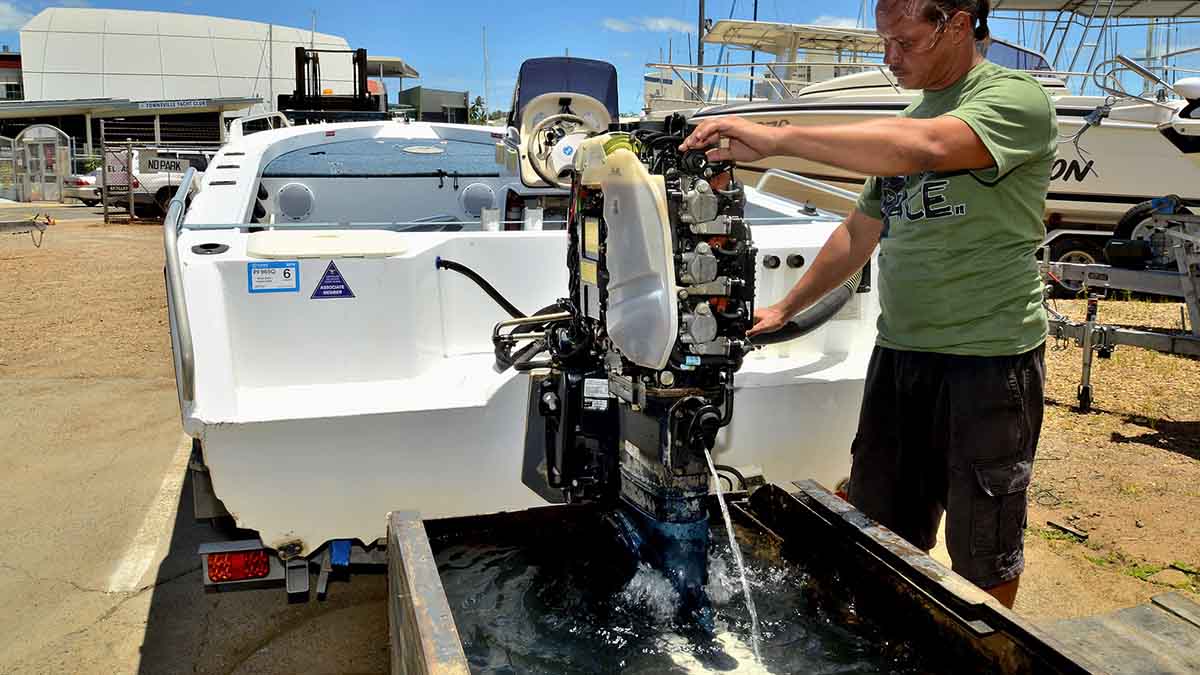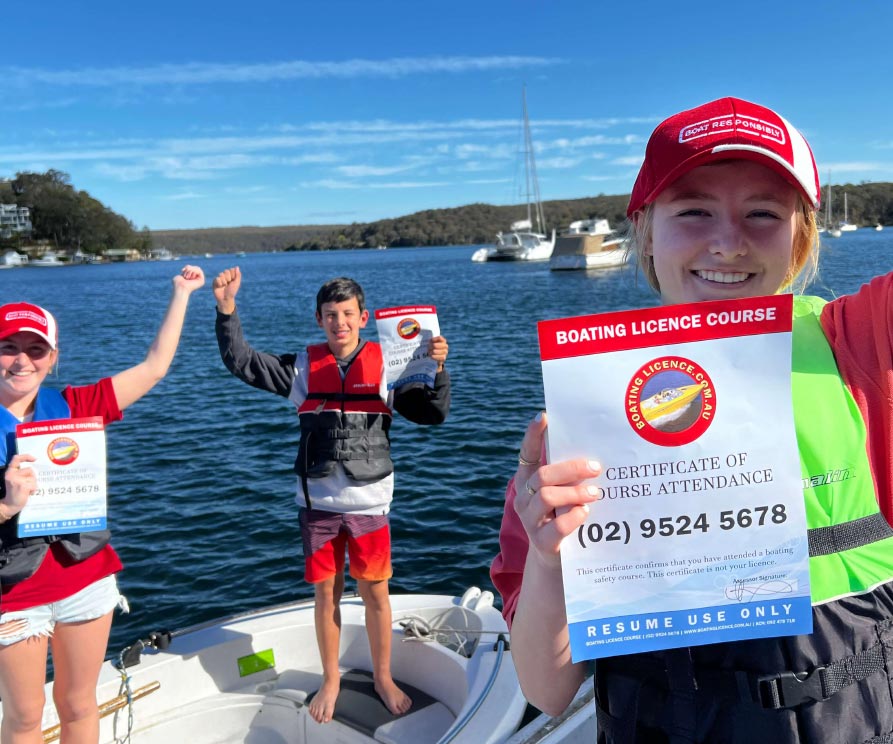Keeping Your Vessel Shipshape

Fishing is not just a hobby; it’s an art that requires patience, skill, and knowledge. Whether you’re a beginner or an experienced angler, mastering the best methods to catch a fish can significantly enhance your fishing experience. In this guide, we’ll explore some effective techniques and tips to help you reel in the big one.
1. Know Your Fishing Spot
Understanding the behavior of the fish and the environment they inhabit is crucial. Different species prefer different habitats, so research the waters you plan to fish in. Lakes, rivers, ponds, and oceans all have unique conditions, and knowing the underwater terrain, water temperature, and vegetation will give you an advantage.
2. Choose the Right Bait
Selecting the appropriate bait is essential for attracting the target fish. Live baits like worms, minnows, and insects work well for a variety of species. Artificial lures, such as jigs, spinners, and crankbaits, can also be effective, mimicking the movement of prey. Match your bait choice to the type of fish you’re targeting and the conditions of the water.
3. Master Your Casting Technique
Practice your casting technique to ensure accuracy and distance. The key is to be smooth and controlled, rather than forceful. Practice different casting styles, such as overhead casting, side casting, and flipping, to adapt to various fishing situations. A well-placed cast can significantly increase your chances of a successful catch.
4. Be Patient and Observant
Patience is a virtue in fishing. Fish don’t always bite immediately, so be prepared to wait. Stay observant and watch for signs of fish activity, such as ripples, birds diving, or fish jumping out of the water. These clues can help you identify where the fish are located and adjust your strategy accordingly.
5. Understand the Right Time to Fish
Timing matters in fishing. Many fish species are more active during specific times of the day and under certain weather conditions. Early mornings and late evenings are often the best times to fish, as fish are more active in low light. Additionally, overcast days can be productive, as fish tend to move closer to the surface to feed.
6. Practice Proper Hook Setting
Mastering the art of setting the hook is crucial to secure your catch. When you feel a bite, resist the urge to jerk the rod immediately. Instead, gently pull the rod upward to set the hook firmly in the fish’s mouth. Too much force can lead to the fish escaping, so find the right balance between swift action and finesse.
7. Respect the Environment
Lastly, always respect the environment and follow local fishing regulations. Catch and release practices help conserve fish populations for future generations. Handle caught fish with care, ensuring they are released back into the water unharmed. Responsible fishing ensures the sustainability of aquatic ecosystems and preserves the joy of fishing for years to come.
By combining these techniques with a passion for the sport and a willingness to learn, you can enhance your fishing skills and increase your chances of a successful catch. Remember, every fishing trip is a learning opportunity, so stay curious, patient, and observant, and you’ll be well on your way to becoming a skilled angler. Happy fishing!

Bonus step: get your licence
Being a responsible skipper not only means not only maintaining your boat, but being licensed to operate it as well.
Our NSW boat and PWC licence courses are delivered by experienced and accredited trainers who provide in-depth education to not only pass the licence exam, but to also stay safe on the water.
To get your licence, you can book online or reach out to our friendly office team on (02) 9524 5678.